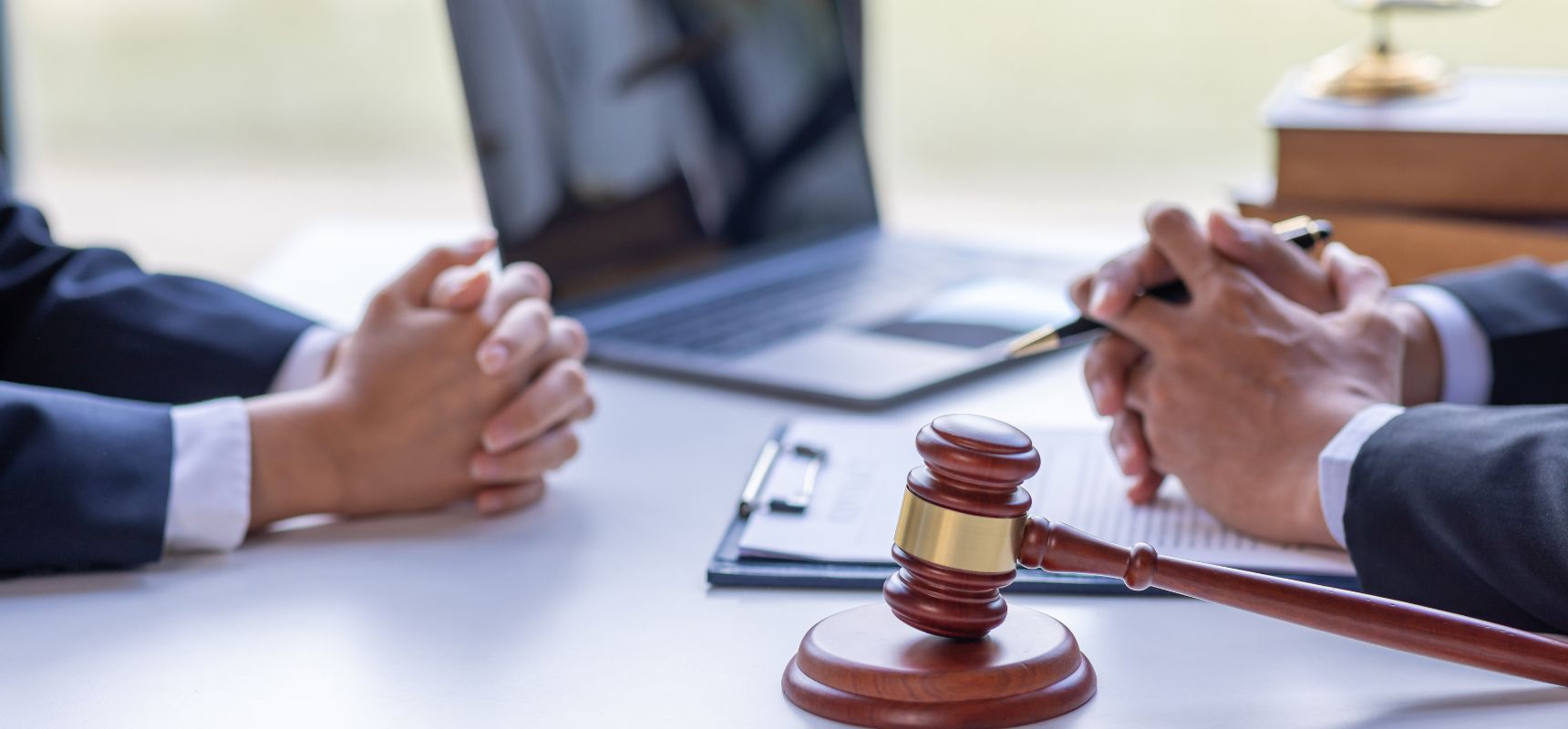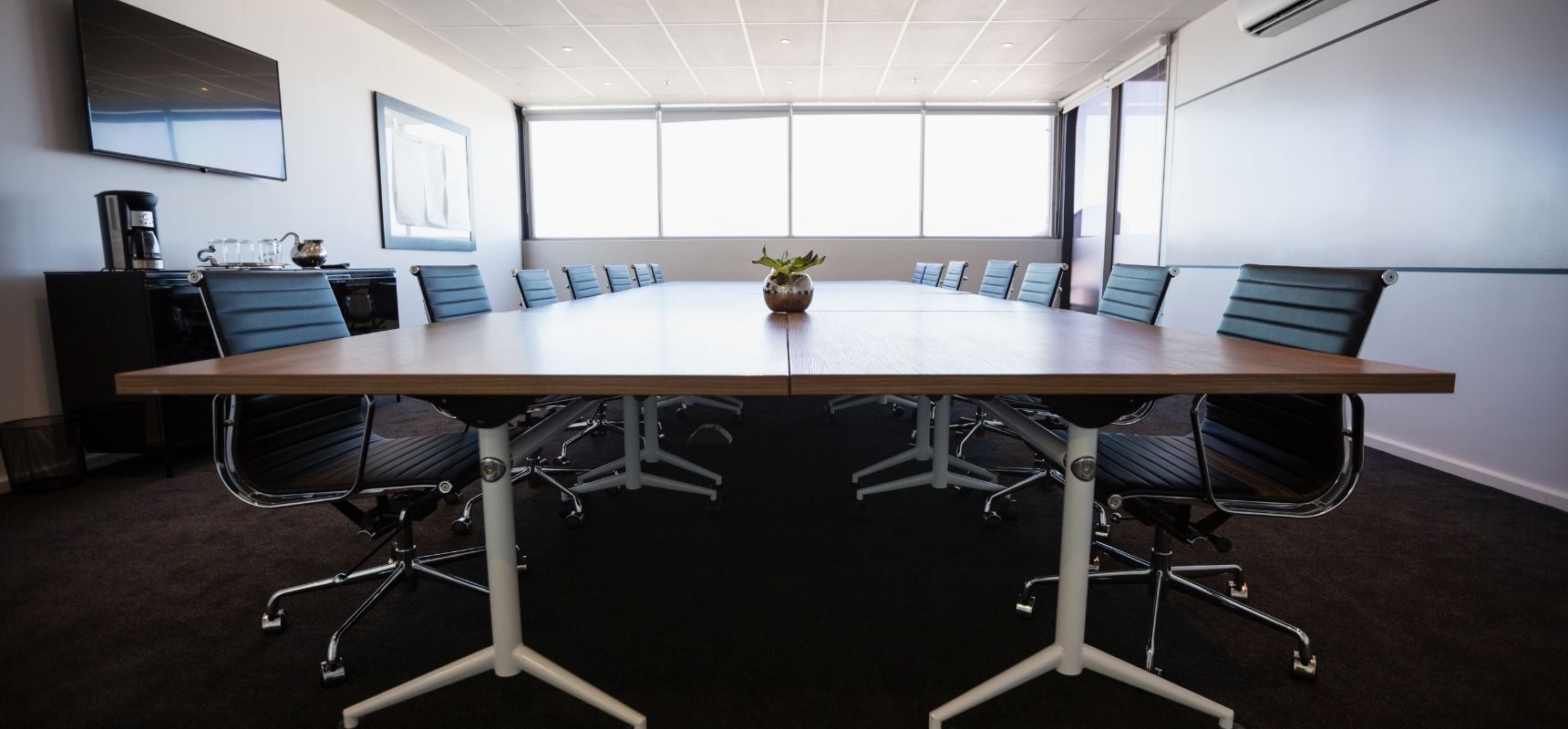Over the years, I have found that:
parties involved in litigation will think about having a mediation sometime relatively shortly before the trial. There may be many reasons for that, but often it is due to the habit of the lawyers involved, the “usual” orders that are made by courts and because parties and their lawyers think that the best time to settle is when everyone knows more about the legal issues, the evidence and the prospects of success of the litigation.
However, it is also my experience that having a mediation closer to trial is usually too late because significant time, effort and costs have been incurred and the parties have become even more entrenched in their legal, commercial and personal positions. This is particularly damaging in disputes that will involve ongoing commercial relationships, such as long-term contracts.
In my perspective:
parties and their lawyers can (and should) try mediation at a much earlier point in time, because settlement can often be achieved at an “early” mediation. Whilst the legal issues, including the documents and evidence are obviously important, the other important issues, which can be dealt with satisfactorily at an early mediation, are the commercial and personal drivers for each party, as well as the underlying interests of the parties. This includes the possibility of repairing and preserving important commercial relationships, business reputations and resources, both financial and personal, rather than burning those things up in the ongoing litigation war of attrition.
So, when you’re next involved in litigation, think about some of the potential “jumping off” points such as:
- Before litigation has even commenced – noting, of course, that many commercial contracts contain a dispute resolution clause which require the parties (for good reason) to undertake negotiations and then mediations before proceedings are commenced;
- After pleadings have been exchanged, when the parties understand more about the factual and legal issues that are in dispute;
- After discovery of documents, but before the huge cost of preparing evidence is incurred;
- After evidence is produced, but before the heavily lifting of trial preparation commences.
Also have a think about what information you might need before the mediation – it can often be useful to have some early disclosure of important documents or key evidence before the mediation is undertaken.
It is true to say that:
that often an “early mediation” can be harder to resolve than a later mediation, because the parties don’t know as much about the legal issues, the evidence, and the prospects of success in the litigation if they do not settle. Parties often feel that it’s easier to walk away from an early mediation because they don’t have the threat of an imminent trial bearing down on them.
But there are many benefits of trying to resolve the dispute at an early stage, and in my experience, too many parties are leaving it too late in the process to try.
Another approach might be to appoint a mediator early in the day who can liaise with the parties about when to hold a mediation and what information could be exchanged before the mediation is held. Each party can speak candidly with the mediator in private and confidential discussions about when they think they will need to do to get ready to negotiate, and what information or documents they might want to obtain to help them make a more informed decision about settlement at the mediation.
Disclaimer
The information in this article is of a general nature and is not intended to address the circumstances of any particular individual or entity. Although we endeavour to provide accurate and timely information, we do not guarantee that the information in this article is accurate at the date it is received or that it will continue to be accurate in the future.




